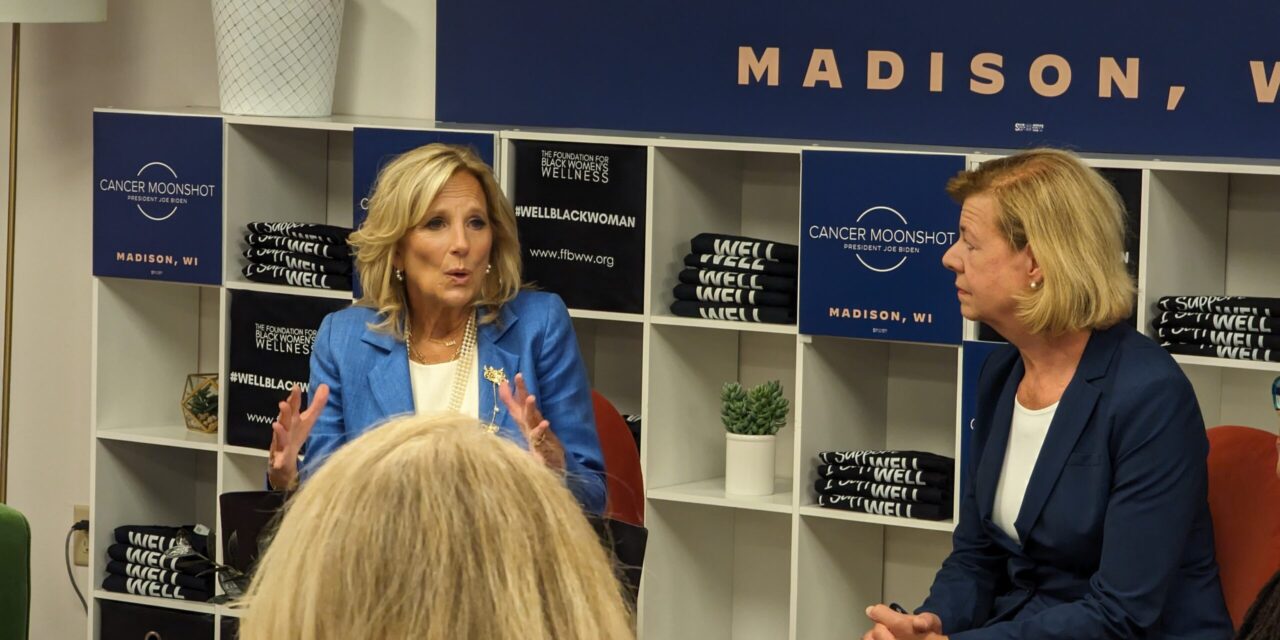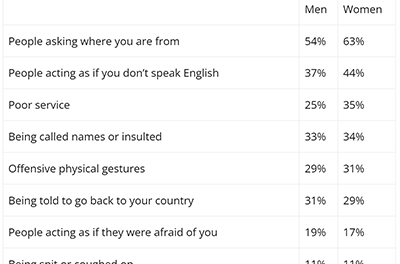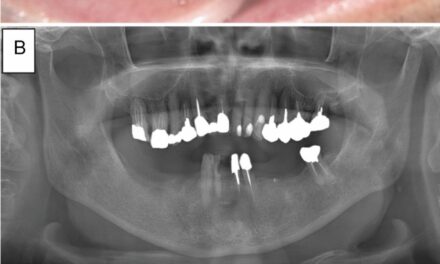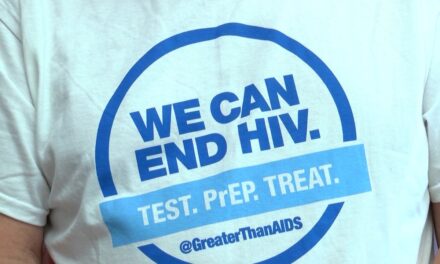First Lady Jill Biden visited Madison on Thursday — as the national political parties have turned their focus to Wisconsin in preparation for the 2024 elections — to highlight the importance of expanding access to cancer screenings and treatments.
Biden’s visit fell a week after Republicans held their first presidential debate in Milwaukee and after her husband, President Joe Biden, who is running for reelection in 2024, visited Milwaukee early this month to tout his economic accomplishments.
After landing in Madison, Biden toured Exact Sciences, a company that created Cologuard, the first stool DNA test for colorectal cancer. Biden then participated in a conversation at the Foundation for Black Women’s Wellness, a Wisconsin-based nonprofit dedicated to supporting and raising the visibility of Black women’s health. The listening session at the foundation focused on expanding access to cancer screenings and treatment.
The stops were a part of the Bidens’ Cancer Moonshot initiative, which aims to prevent more than 4 million cancer deaths by 2047 and to improve outcomes for people who are touched by cancer. The program was first launched during President Joe Biden’s term as vice president.
“Cancer touches us all, and it changes everyone,” Dr. Biden said during the conversation. “Our son [Beau Biden] died of cancer, and Joe and I knew that we had to find purpose to deal with the grief we felt after his death, and so this is very personal to us, and that’s why we reignited the Cancer Moonshot.”
U.S. Sen. Tammy Baldwin, who is running for reelection in 2024, joined Biden on Thursday. The pair spoke to teachers at a Verona elementary school later that afternoon and attended a fundraiser for Baldwin on Thursday night.
Baldwin highlighted several federal steps to address expanding access to cancer screenings during the discussion at the Foundation, including a proposal to increase the research budget for the National Institutes of Health (NIH). Baldwin also lauded the provision of the Inflation Reduction Act that gives Medicare the authority to negotiate the price of some prescription medicines. The Biden administration announced on Tuesday that ten medications, including one to treat blood cancer, will be subject to price negotiations.
Baldwin also described a bill she introduced in June with U.S. Sen. Susan Collins of Maine and Reps. Joe Morelle of New York and Brian Fitzpatrick of Pennsylvania that would reauthorize the National Breast and Cervical Cancer Early Detection program, which provides breast and cervical cancer screening and diagnostic services for women who are low-income, uninsured and underinsured but do not qualify for Medicaid.
“We need early detection. We know that later stage cancers are harder to treat and we need to address disparities in health care head-on,” Baldwin said. “We have to do greater outreach, greater education, with communities of color and others who have limited access, and that’s why we are here at the Foundation.”
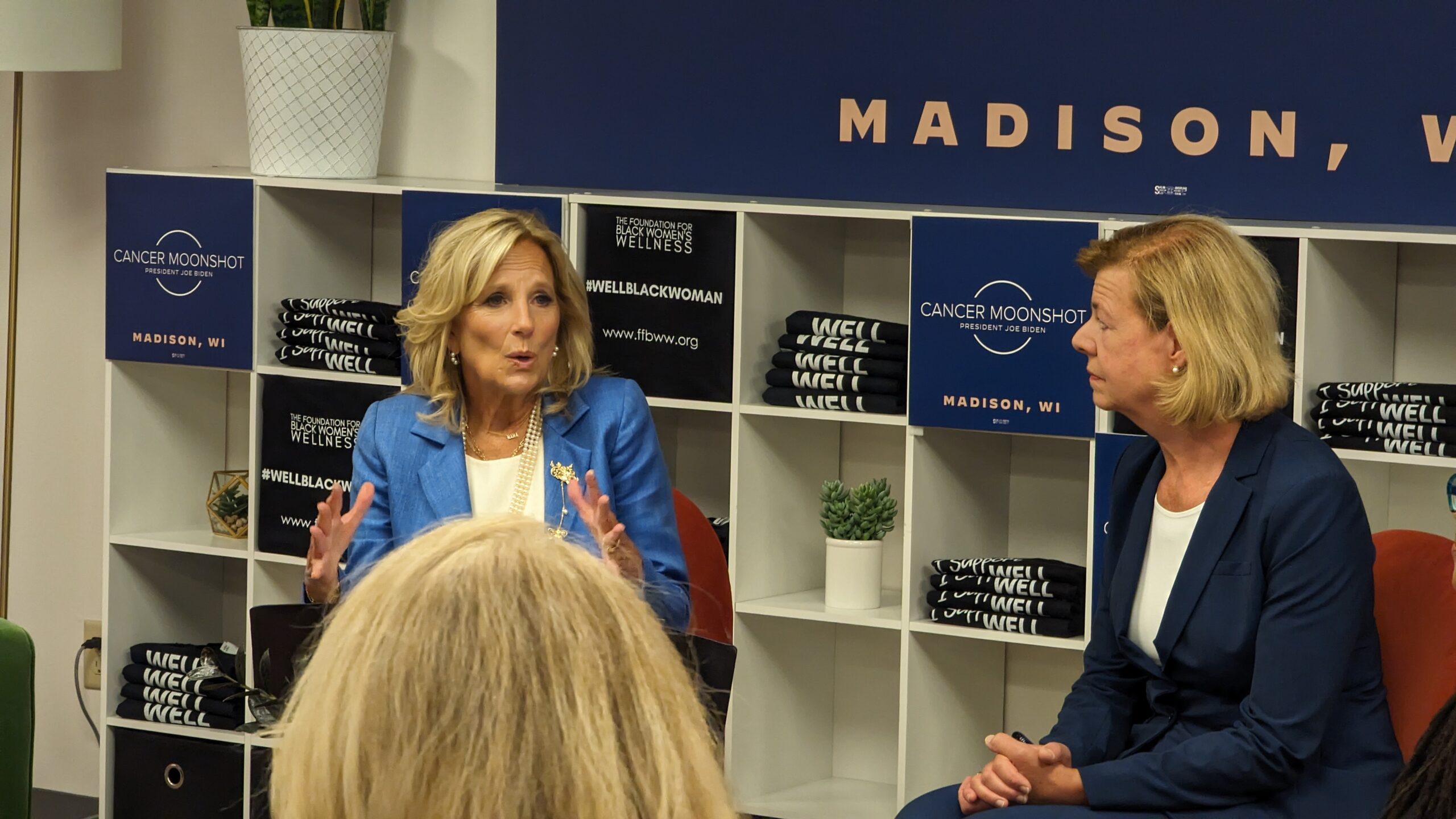
Gail Smith, director of the Wisconsin Well Woman program — the state’s component of CDC’s National Breast and Cervical Cancer Early Detection program — said the program has provided screening services to more than 83,000 Wisconsin women in every county in the state since 1994.
Cancer is the second leading cause of death in Wisconsin, mirroring national trends, according to the Centers for Disease Control (CDC).
Black people — the third largest racial or ethnic group in the U.S. — are more likely to die from most cancers and to live the shortest amount of time after a cancer diagnosis than any other racial or ethnic group, according to the American Cancer Society.
“The best way to fight cancer is to stop it before it begins, and that’s especially important, when it comes to the deep disparities that we know exist,” Biden said. “We know the statistics. Life-saving screenings and treatments are often out of reach for neighborhoods of color and low-income areas and rural places where treatment is hard to access and where rates are higher and people are more at risk.”
Biden and Baldwin heard from several organizations about the work they’re doing to expand access to cancer screenings, address health disparities, educate people about cancer and create spaces for cancer survivors.
Christine Russell, a cancer survivor and director of health and wellness programs for the Foundation, spoke about the Cancer Survivor Circle, which the organization created in July 2022 to act as a “sacred place” for Black women and men to gather to share their challenges and success and to learn from one another.
“There is power in sharing our stories and it really demystifies that c-word and it gives the survivor their power back,” Russell said.
Gee Smith spoke about his experience losing his father to colon cancer and how that inspired his decision to start a clinic attached to his barber shop, Gee’s Clippers. He said the clinic works to inform people about their health including their blood pressure and to encourage them to get early screenings.
There are two groups in urban areas “that can truly change the trajectory of their community,” Smith said, “one being the barber shop and the other being the church.”
As a barber, he felt he was in a position to reach people and make a difference. “That’s why I started with the whole health initiatives,” Smith said. “My dad died at 62 years old from colon cancer, one of the most preventable cancers.”
GET THE MORNING HEADLINES DELIVERED TO YOUR INBOX

